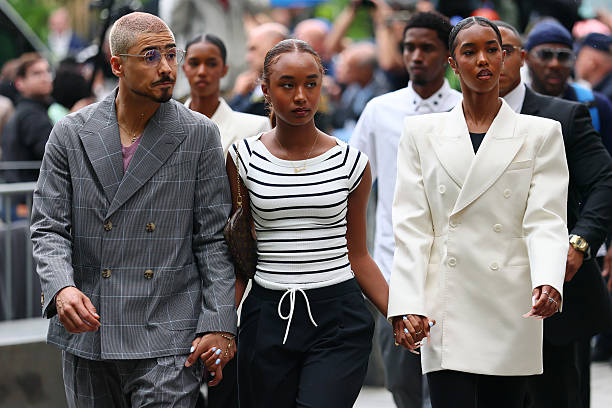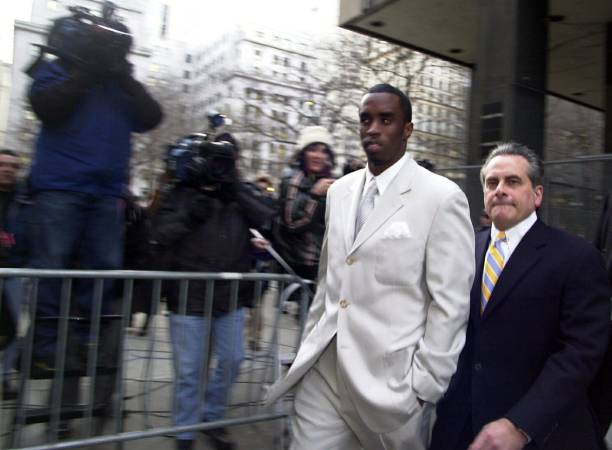Sean “Diddy” Combs’ legal team is pressing for a dramatically reduced prison term, arguing in a newly filed 380-page sentencing memo that the hip-hop mogul should face no more than 14 months behind bars — effectively counting his time already served. The request follows his conviction earlier this year on one charge of transporting people for prostitution. He was acquitted of the far more serious sex trafficking and racketeering counts.
Combs has been held in a New York jail for over a year. His lawyers insist the court must sentence him strictly on the single charge of “interstate transportation of consenting adults for prostitution” and not on unproven allegations of coercion or racketeering. Anything harsher, they claim, would “pervert justice” by punishing him for crimes the jury rejected.
The October 3 sentencing hearing looms as prosecutors finalize their own recommendations, which the defense suggests may be close to five years — far longer than they say is warranted. In unusually sharp language, Combs’ team accuses the government of losing perspective, likening prosecutors to a “Queen of Hearts” demanding punishment regardless of the verdict.

According to the defense, the case is “unique” because Combs allegedly derived no financial gain from the prostitution conduct. They portray him instead as someone who arranged sexual encounters — often involving Cassie Ventura (testifying under a pseudonym) and male escorts — so that he could watch. They argue these were voluntary trysts between “fully competent adults” traveling across state lines, though several women involved dispute that the encounters were consensual.
To bolster their plea for leniency, Combs’ attorneys cite his age (55), long list of career achievements, and personal hardships. They describe him as a man who has suffered numerous losses — from the murder of his close friend The Notorious B.I.G. to the death of his longtime partner Kim Porter — and who struggled with substance abuse and anger issues until his incarceration. The defense frames his time in custody as a period of self-reflection and rehabilitation, setting up a clash with prosecutors’ depiction of him as a violent and manipulative predator.



